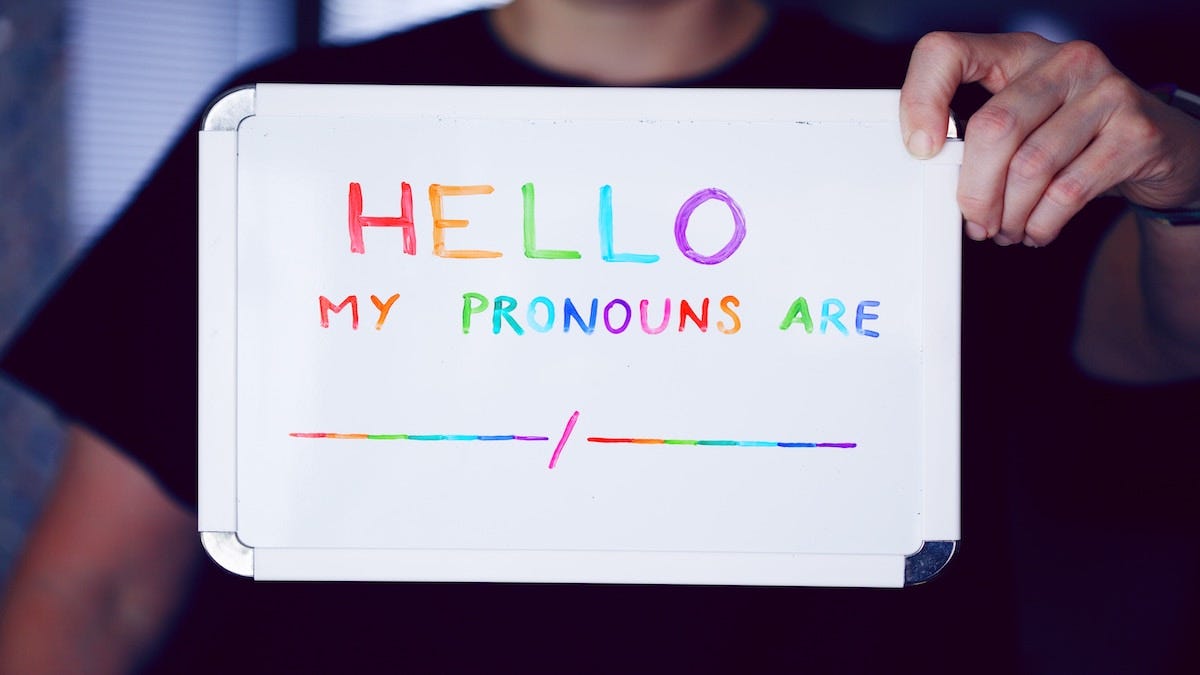Transcending Toxic Femininity: Women, Cancel Culture, and An Appeal to Our Higher Selves
Feminine Aggression at Play
What do Jeanine Cummins, Alison Roman, Alexi McCammond, and Carole Hooven have in common? They were all cancelled... by other women. This week's essay by Tara Henley confronts women's role in cancel culture and calls us all to a higher standard.

Fairer Disputations
Transcending Toxic Femininity: Women, Cancel Culture, and An Appeal to our Higher Selves
TARA HENLEY
It is helpful to keep in mind the social and economic pressures that encourage women to engage in vicious cancelation campaigns. But women do a disservice to both ourselves and our public discourse when we conduct ourselves in such punitive ways.
Canceling other women cancels our own credibility.
Cancel culture is driven by a fundamentally unserious form of debate. Its participants jump to conclusions, ignore facts, and indulge in emotionalism. Taking part in it makes us irrational, impulsive, and immature. In short, engaging in it degrades us as much as it degrades our opponents.
This Week's Links:
In our first piece, Jonathon Van Maren discusses how celebrities have become some of the leading voices against porn.

First Things
Celebrities Against Pornography
JONATHON VAN MAREN
Even celebrities—usually reliable advocates of every aspect of the sexual revolution—have become some of the most vocal voices speaking out against pornography.
This is not because celebs possess any keen moral insights—it is because the impact of pornography has become so obvious it is now impossible to ignore. Comedian Grace Campbell, famous for her “sex-positive” schtick, said as much on her latest stand-up tour. “Men think I like being choked,” she told The Times. “There have been many times during sex that someone’s choked me without asking and I’m like, ‘No, I’m scared, I don’t like that.’ The reality is [my friends and I] have all been in situations where we’re worried they won’t stop.” When asked where this trend originated, she was blunt: “It is definitely porn.”
Next, Helen Gibson asks why the Scottish government has begun recruiting women to donate eggs—and especially why, in doing so, it ignores the very real dangers of such procedures.

UnHerd
Why is the Scottish Government Targeting Women for Egg Donation?
HELEN GIBSON
Disconcerting though it is to have an official campaign for what remains a contentious issue, there is something more troubling at play. The pastel-coloured adverts all feature words such as “love” and “hope”. Also present are phrases such as “give the gift of being parents”, “give the joy of starting a family” and “help bring joy to someone”. If one wishes to target young women reared as part of the “be kind” generation, this is the ideal language to use. Yet nowhere did any of the adverts list the side effects or risks associated with egg donation.
Finally, an argument that using preferred pronouns is just another instance of the gendered, invisible work that is expected of women.

The Critic
She/Her/Or/Else
VICTORIA SMITH
If female inner lives were granted the same value as male ones, we would see that when a woman refuses to call her rapist by the pronouns he demands, she is not withholding a human right, but withholding a service which she should never have been asked to perform in the first place. That she performs it most of the time does not make it something that she naturally owes to anyone. Deferring to other people’s perceptions is never a low-cost activity. It’s just that most of the time, other than in the most extreme situations, the cost of not complying has been made higher than the cost of complying.
Have a take?
Fairer Disputations happily accepts pitches and submissions for publication on our site. Email us at submissions@fairerdisputations.org.




